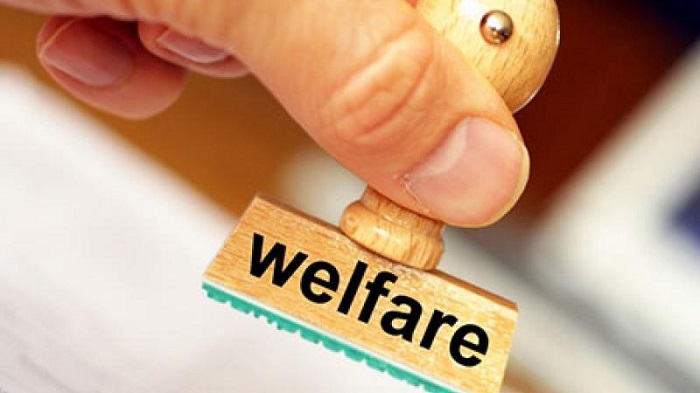Introduction:
In 2024, a significant overhaul of the welfare benefit system is set to take place, impacting millions of individuals and families across the country. This article delves into the expected changes, the rationale behind the overhaul, and what these adjustments mean for recipients. Understanding these changes is crucial for navigating the new welfare landscape and ensuring that you and your family are prepared for the transitions ahead.

What to Expect from the Welfare Benefit Overhaul 2024:
- Revised Eligibility Criteria The overhaul will introduce stricter eligibility requirements aimed at ensuring that welfare benefits are allocated to those most in need. This includes more rigorous means testing and updated income thresholds. The changes are designed to prioritize support for the lowest-income households and reduce fraud and abuse within the system.
- Streamlined Application Process A new digital platform will be launched to streamline the application and renewal process for welfare benefits. This platform aims to reduce paperwork, expedite application processing times, and improve accessibility for applicants. Training and support will be available to help users navigate the new system.
- Increased Benefit Amounts for Targeted Groups Specific groups, such as single parents, the elderly, and individuals with disabilities, will see an increase in their benefit amounts. This adjustment aims to provide additional support to those who face higher living costs and greater barriers to employment.
- Enhanced Employment Support Programs To encourage self-sufficiency, the overhaul will expand job training and employment support programs. These initiatives will offer skills training, job placement services, and career counseling to help welfare recipients transition into stable employment.
- Introduction of Time-Limited Benefits The new policy will introduce time-limited benefits for able-bodied adults without dependents. These recipients will be required to participate in work or training programs to continue receiving assistance, with the goal of promoting long-term employment and reducing dependency on welfare.
How It Affects You
- Current Recipients: If you are already receiving welfare benefits, it’s important to review the new eligibility criteria and adjust your financial planning accordingly. Make sure to update any required documentation and familiarize yourself with the new digital application system.
- New Applicants: For those considering applying for welfare benefits, understanding the revised eligibility requirements and application process will be crucial. Be prepared to provide detailed financial information and explore the enhanced employment support programs available.
- Specific Groups: If you belong to one of the targeted groups receiving increased benefits, this overhaul could provide you with additional financial support. Stay informed about the specific changes that apply to your situation.
Conclusion:
The Welfare Benefit Overhaul 2024 represents a significant shift in how welfare assistance is administered and aimed at creating a more efficient and targeted support system. While these changes may present challenges, they also offer opportunities for better access to resources and support for those who need it most. Staying informed and proactive is key to navigating these changes successfully.
FAQ:
Q1: When will the new welfare benefit changes take effect?
A: The new changes are set to be implemented starting January 1, 2024.
Q2: How can I find out if I am still eligible for benefits under the new criteria?
A: You can check your eligibility by accessing the new digital platform or contacting your local welfare office for assistance.
Q3: Will the amount of my current benefits change?
A: It depends on your specific circumstances. Some groups will see an increase in benefits, while others might experience changes based on the new eligibility criteria.
Q4: What should I do if I need help with the new digital application system?
A: Training and support will be available through local welfare offices and online resources to help you navigate the new system.
Q5: Are there any exceptions to the time-limited benefits rule?
A: Yes, exceptions may apply to individuals with certain disabilities or those caring for dependents. Specific details will be available through the welfare office.









